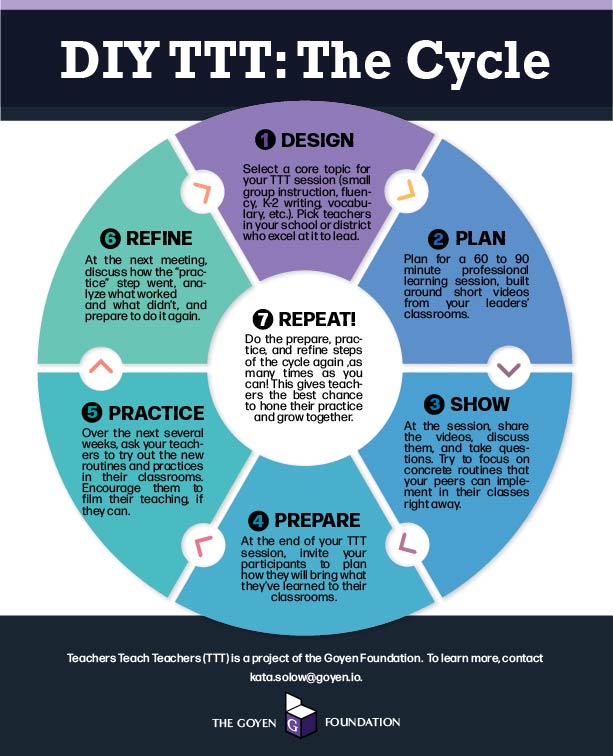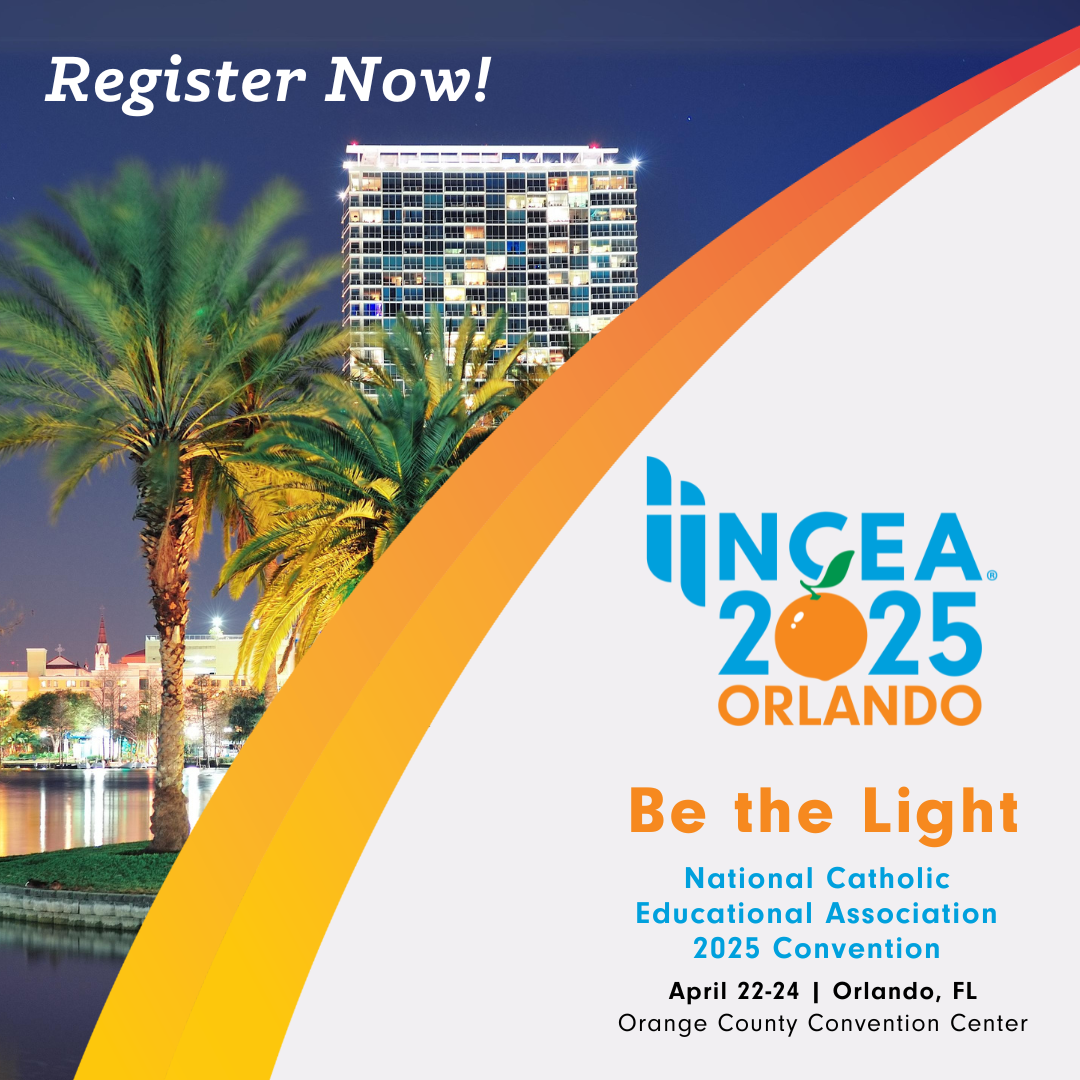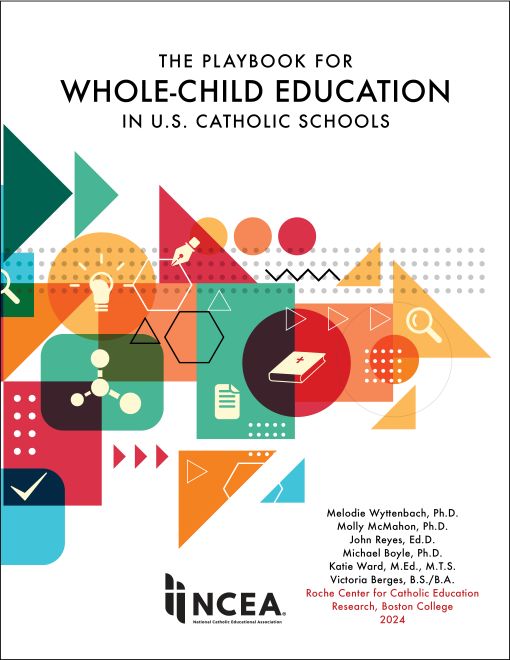Written by Brett Salkeld, Ph.D., Archdiocesan Theologian, Archdiocese of Regina, [email protected] In my work with Catholic school educators on integrating the faith into every subject, I encounter the same questions again and again. They are good questions! And teachers deserve to have them answered straightforwardly, in a way that acknowledges their legitimate concerns. When this […]
Written by Brett Salkeld, Ph.D., Archdiocesan Theologian, Archdiocese of Regina, [email protected]
In my work with Catholic school educators on integrating the faith into every subject, I encounter the same questions again and again. They are good questions! And teachers deserve to have them answered straightforwardly, in a way that acknowledges their legitimate concerns. When this is done well, many teachers who were on the fence about curriculum permeation get on board.
1. Is this really my job?
A first concern many teachers register is that they are not the theology teacher or the chaplain, they are “just the math teacher” or “just the football coach.” Faith integration, in many teachers’ imaginations, is just not their job. When they see, however, that everything we do in school is done from a Catholic point of view, with a set of values and goals informing how it is done, it becomes clear that, in a Catholic school, that point of view and those values and goals should be Catholic. Once teachers understand this, they are open to thinking about what this means in their own work.
2. Do I need a theology degree?
Relatedly, many teachers worry that they do not have enough knowledge of their faith to incorporate it into their classrooms. While growing in knowledge of our faith is always good, we don’t need every teacher to be a theologian. We do need their expertise in their subject area and grade level. Given that, every teacher can learn to employ some basic strategies to integrate faith more authentically into their classrooms.
3. How does this work in my subject area?
It is common for teachers to think that curriculum permeation is a good idea in general, but that it does not really work in their particular subject area. The irony is that I meet teachers who say, “It’s great to do this in English, but I’m the science teacher,” and other teachers who say, “This is so easy to do in science, I don’t know how they do it in phys ed.” The difference here is not the intelligence or capacity of the teacher, it is the point of view. Once a teacher “gets it,” sees how their subject can be understood in the light of faith, suddenly their subject becomes the one place where it is easy and straightforward.
4. How can I do this authentically?
Finally, teachers rightly worry that adding faith into their (non-religion) classes can feel awkward and forced. They don’t want to indoctrinate and they rightly intuit that doing this poorly could actually do more harm than good. But when teachers learn that faith integration is not merely about checking a box or adding arbitrary Catholic content, that, instead, it is about learning how to think about the value and meaning of the subject under study from a Catholic point of view, they are much more comfortable—even excited—to put this into practice.
A short blog only scratches the surface here. I’ll be diving deeper into these questions, offering much more developed responses to them, in my 60-minute session at NCEA’s new School Building Leader Summit in Austin this November. I hope to see you there.















